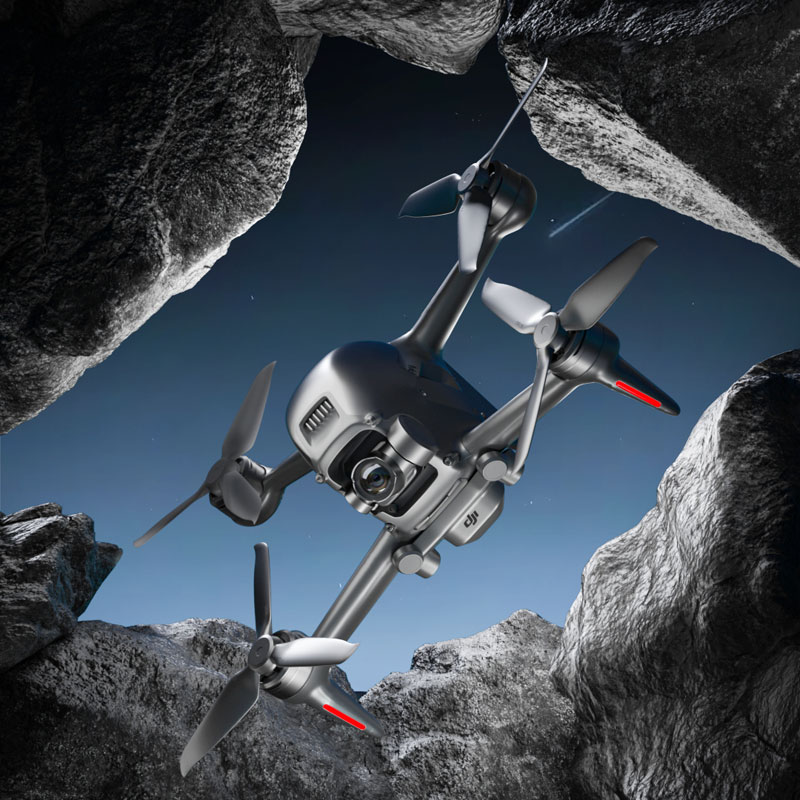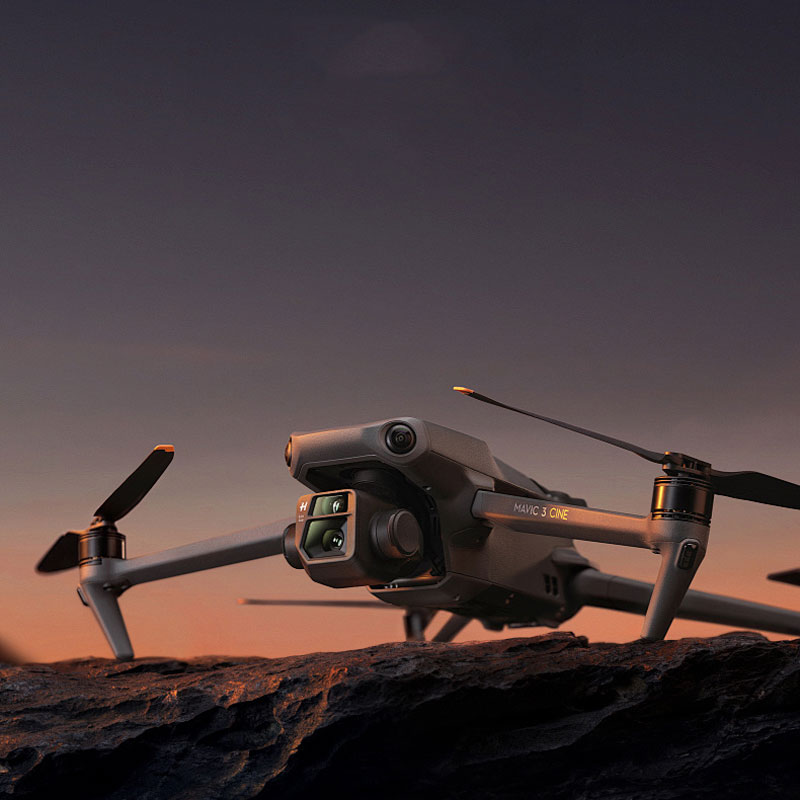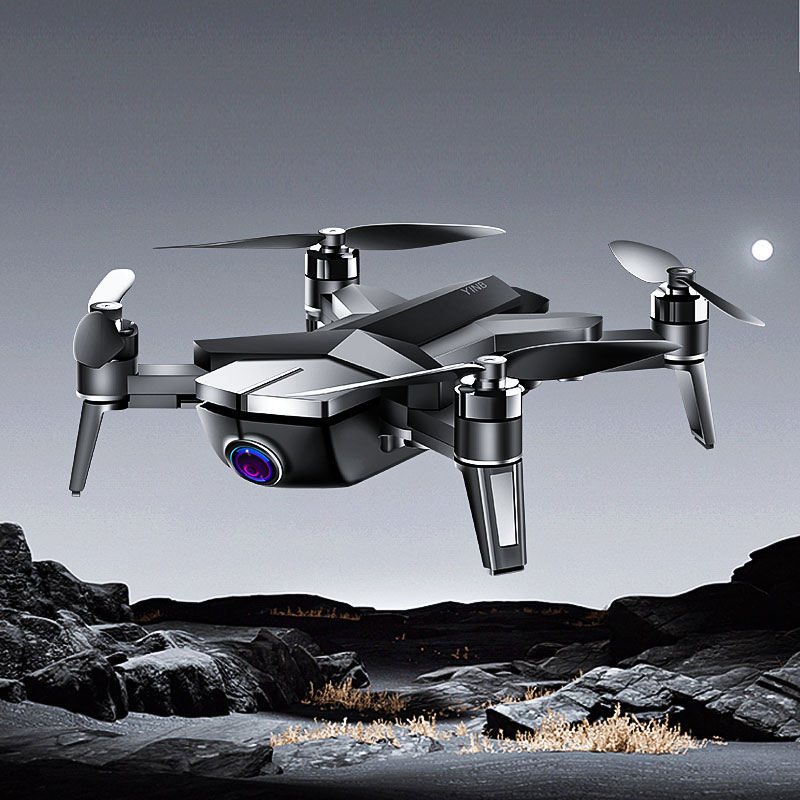The Benefits and Applications of VTOL Drones
VTOL drones are characterized by their ability to take off, hover, and land vertically, eliminating the need for runways. This capability makes them ideal for use in urban settings, remote areas, and complex terrains where traditional aircraft might struggle. Key industries benefiting from VTOL technology include agriculture, logistics, and emergency services. Precision in Agriculture : Drones equipped with VTOL capabilities enable farmers to monitor crop health efficiently, apply fertilizers accurately, and assess soil conditions without disturbing the landscape. As these drones can hover precisely over fields, they provide a level of detail in data collection that was previously unattainable.
: Drones equipped with VTOL capabilities enable farmers to monitor crop health efficiently, apply fertilizers accurately, and assess soil conditions without disturbing the landscape. As these drones can hover precisely over fields, they provide a level of detail in data collection that was previously unattainable.
Logistics and Delivery Services
In logistics, VTOL drones streamline the delivery process by accessing hard-to-reach locations, reducing delivery times, and minimizing human intervention. The ability to transport goods swiftly and safely is transforming how companies approach supply chain management. Many urban logistics companies are investing in VTOL technology to overcome traffic congestion and provide faster services to customers.
The Role in Emergency Services
Emergency services utilize VTOL drones for search and rescue operations, medical supply delivery, and disaster assessment. Their ability to navigate challenging landscapes quickly and precisely makes them invaluable in critical situations.
Environmental Impact
Sustainability is increasingly important, and VTOL drones offer an eco-friendly solution by reducing reliance on fossil fuels and lowering emissions. With electric-powered designs, these drones contribute to a greener future in aviation. By operating efficiently and minimizing energy consumption, VTOL drones align with global efforts to tackle climate change and reduce carbon footprints. Technological Advancements and Future Prospects The development of advanced sensors, longer battery life, and improved AI integration are driving the expansion of VTOL drone functionalities. As technology progresses, we can expect these drones to become even more autonomous, with enhanced decision-making capabilities to operate in complex environments.
The development of advanced sensors, longer battery life, and improved AI integration are driving the expansion of VTOL drone functionalities. As technology progresses, we can expect these drones to become even more autonomous, with enhanced decision-making capabilities to operate in complex environments.
- What are VTOL drones?
- How do VTOL drones differ from traditional drones?
- What industries can benefit most from VTOL technology?

These questions highlight the curiosity surrounding VTOL technology and its multifaceted applications.
Conclusively, VTOL drones are not just a technological trend; they are a cornerstone of modern innovation providing dynamic solutions across various sectors.
Whether it’s improving delivery routes or aiding in humanitarian efforts, the versatility of VTOL drones continues to grow, promising a future of limitless possibilities.
- How do VTOL drones contribute to sustainability?
- VTOL drones reduce emissions and reliance on fossil fuels due to their electric-powered design, promoting a more sustainable mode of aviation.
- Can VTOL drones be used in all weather conditions?
- While VTOL drones are designed to operate in various conditions, certain extreme weather situations may affect their performance, necessitating further technological enhancements.
